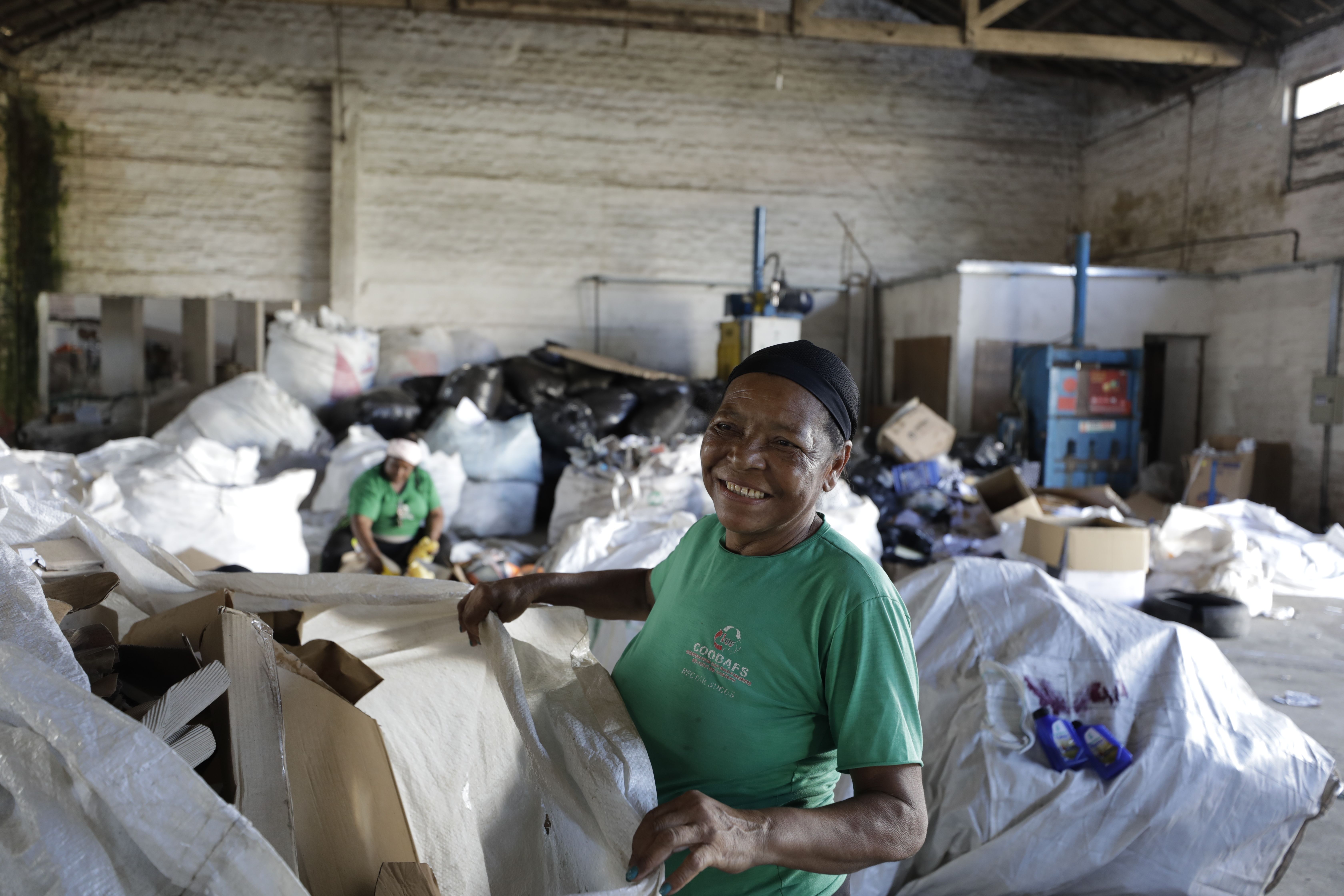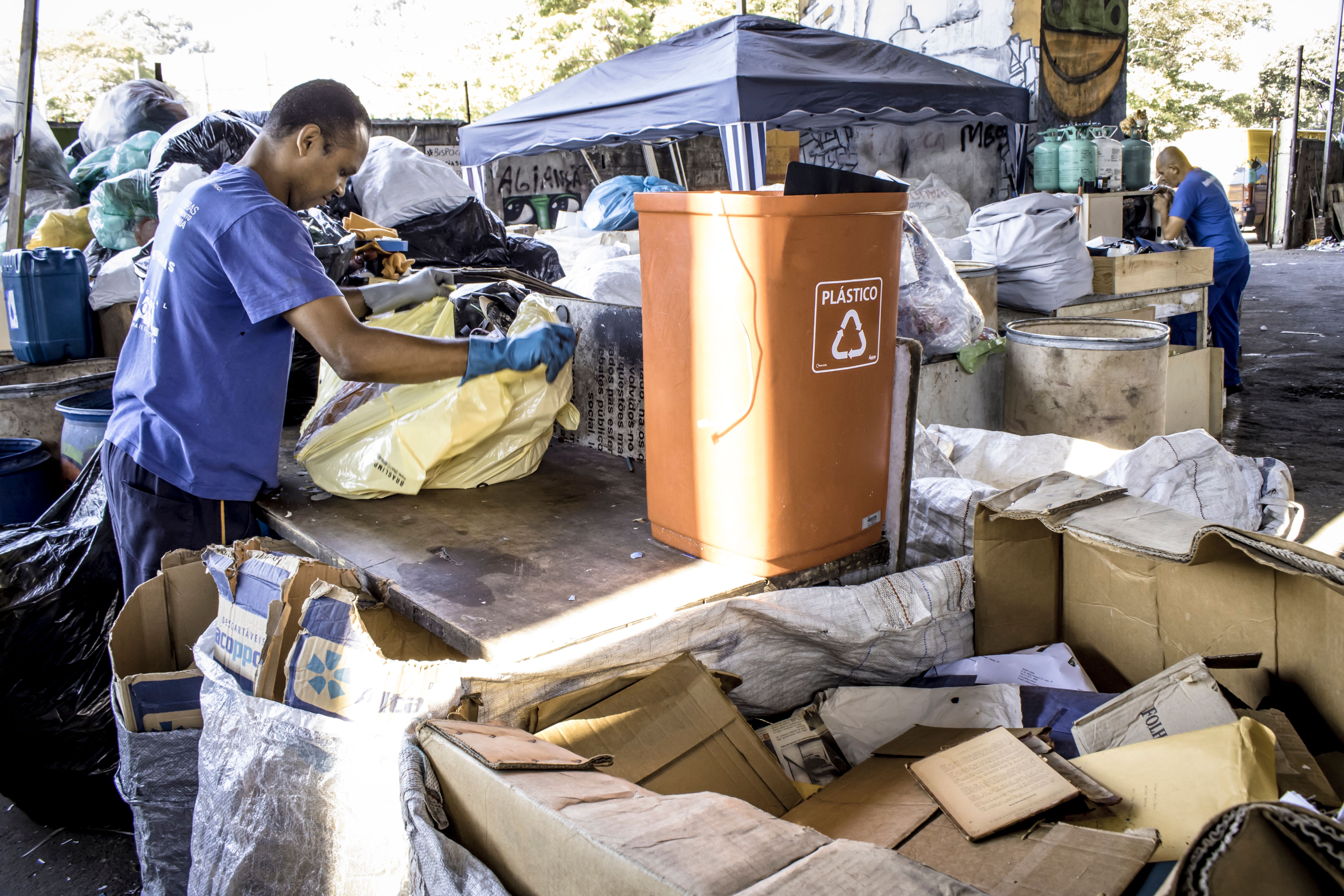
In much of South America, informal waste workers play a major role in collecting and sorting recyclables, which they sell for a meager income. They reduce the amount of waste sent to the landfill by gathering materials recycling and recycling litter from areas that are not covered by municipal waste management systems. Implementing recycling and other waste management policies that do not consider these workers can be devastating for their livelihoods. On the other hand, partnering with waste pickers can increase recycling rates while improving the quality of their jobs.
A national framework
Brazil is a global leader in this field and has set up a policy framework in which waste pickers, or catadores (collectors), are part of the solution to climate problems and are counted in national data as workers with green jobs.
In 2002, Brazil officially recognized the collection of recyclables, or waste picking, as an occupation. In 2010, Brazil adopted a National Waste Policy that details how waste pickers cooperatives should be incorporated into municipal recycling programs and prioritizes the involvement of catadores over private companies. The policy—the first of its kind in the world—was driven by advocacy by non-profit organizations and catadores, including the National Movement of Collectors of Recyclable Materials (MNCR).
Brazil’s system helps to improve the income, quality of life, health, and safety of collectors. Some collector cooperatives have improved their incomes by moving beyond collection to sorting and processing recyclables; however, working towards this is a challenge because collectors tend to lack financing and private companies control much of the supply chain. The national government has launched financing through the Brazilian Development Bank and Bank of Brazil specifically to support collector cooperatives.

Collector cooperatives in Rio de Janeiro
In Rio de Janeiro, catadores play a key role in separating recyclables and diverting them from lagoons and open dumpsites. The municipal waste collection company works with collector cooperatives that manage warehouses for collecting recyclables, including paper, across the city. The collector cooperatives obtain contracts to manage the warehouses through a bidding process.
Catadores from the cooperative are paid for the value of recyclables they drop off via a card that can be used at markets, stores, and other businesses. As an added benefit, the system helps catadores, who may not have previously had a bank account, develop a credit score.
Since the implementation of the program, the number of catadores has increased and the overall quality of their jobs has improved. The warehouses have water, sewage, and electricity connections, and staff are recruited from the local community.
Working with businesses
Cities can also facilitate opportunities for catadores to be involved in other stages of the recycling chair. One approach is to create incentives or regulations for private companies to buy-back materials they produce. For example, in Rio de Janeiro, the beer brewer Ambev buys glass bottles back from catadores at above-market prices.
To learn more about integrating waste pickers into recycling initiatives, check out the case studies and best practices developed by C40 Cities.